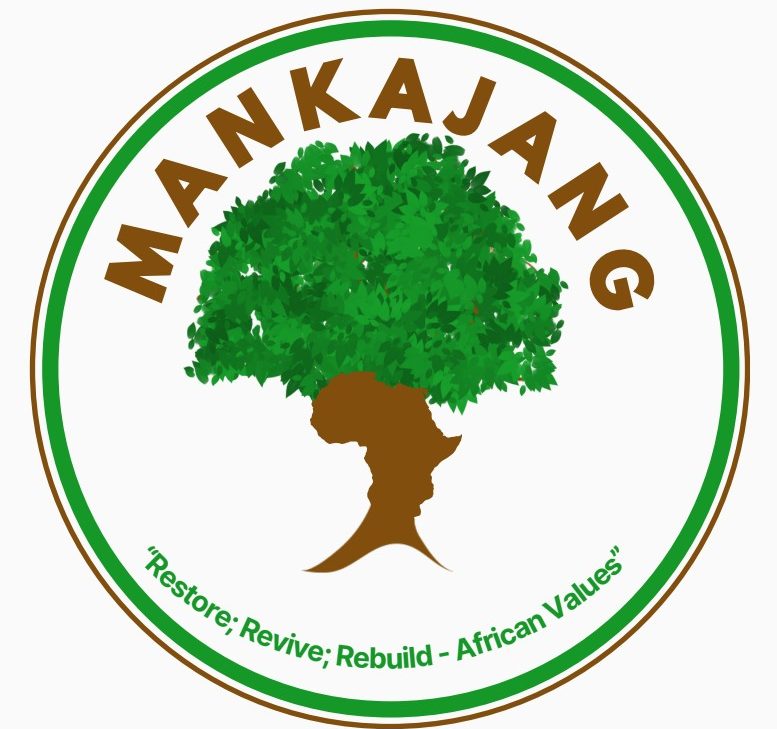When the incident at Tanene erupted last year, social media was awash with complaints of tribalism; claims of Mandinkas oppressing the minority Manjago community because the former thinks “they own the country” filled the social media timelines. It quickly switched to the larger Muslims being against the minority Christian community. Even a state Minister chimed in on that conversation along similar lines claiming minority oppression.
A similar case is be made for the residents of Diya; “the Mandinkas are at it again!”
Until we learn to contain our emotions and look at issues with objectivity, we will continue to exacerbate the misery of the perceived victims and alienate the other side making meaningful negotiations and amicable resolutions impossible. We are already seeing the effects of that in the ongoing case of the massive deportations from Europe. When the issue started it was all politicized and no evidence forthcoming just claims and counter claims. Now, young people who drained their families meager resources, risked life and limb, literally, are being deported to misery, hopelessness and uncertainty. Meanwhile we have moved on to other issues leaving them to their plight.
The same is true of Tanene; after the emotional outburst the facts were laid bare that the issue is between a land owner; ONE land owner and a community who he claimed encroached on his private land. The issue was dumped leaving in its wake an embittered community and neighbors while the next sensational item was sought.
To get to the heart of the issue unfolding at Diya one needs to have the discussion centered around land tenure in The Gambia, it is that simple. It is a known fact that land tenure has always been and still is communal in The Gambia, especially so in rural communities. There is hardly any government regulation when it comes to acquiring and settling on any piece of land, at least not strictly enforced. This is at the heart of the calls for a lands commission as communities and families are struggling to live together harmoniously due to land disputes.
In the traditional land tenure system, the prospective resident seeks the land from the family (Kabilo) that lays claim to the land and until recently did not have to pay to acquire it. The conditions attached to such acquisition are traditionally not documented, just verbal contracts between the patriarch and the prospective settler. With time, the two parties to the contract passed on, leaving in their wake growing families each with an oral version on how the land was given and acquired. But as a community, one does not just settle on a land without other considerations such as extending the land size so that the newcomer can farm. This is how so many adjacent villages were created.
A generation or two later we run into the issue of legal ownership, instead of laying the facts first ignorant people are running around with claims of tribalism as the cause for the dispute. Aren’t the people claiming the land as their ancestral land not of the same ethnic group as their grandparents? Why would they give part of their land to a people of another ethnic background to live and farm on if such was central to their consideration?
This is not an argument to say that those attempting to reclaim the land from the residents a generation later are right. What should be considered now is the moral question of dislodging an entire community after being on the land for a generation or two.
From all indications, greed lays at the heart of the issue. Here is land in an area with exorbitant land prices and a people determined to cash in on that by selling land already settled for over a generation. Throwing tribe in the mix is dishonest and a recipe for bigger troubles. Worse yet such rhetoric in no way helps the communities in question.
Do the existing laws support the position of the claimants or the residents? We can claim humanity, but will that suffice when it comes to the law if provisions were not made for such?
The families and community in Diya have lived on that land long enough to claim it and they should not be forced or otherwise made to leave the land. It is immoral, it is inhuman and it is inconsiderate, we can all agree on that and should unite in our calls to make sure they stay on their land, but if we throw tribe in the mix the whole issue will take on a new dimension and the humanity we call for will be thrown out and the very community we want to speak for will become victims of our own doing.
We keep blaming politicians for our woes but what does it tell about us as a people when we let our biases and emotions lead any discourse we have?

Before there was no owning of a property when you reach a particular village the first person you meet there will tell you ah this is where I live but you. See from here to there if you can clear it then. Is up to you then you can stay.so now the mandinkas now want to claim every land in the Gambia.so what are the Government don’t an most of all they only. Claim the christian community settlement.my question is why if anyone can give me and answers.
LikeLike
Once we establish who the earlier settlers in a region are we can ascertain the actual land owners. Government does not allocate land because we have private ownership of land.
LikeLike